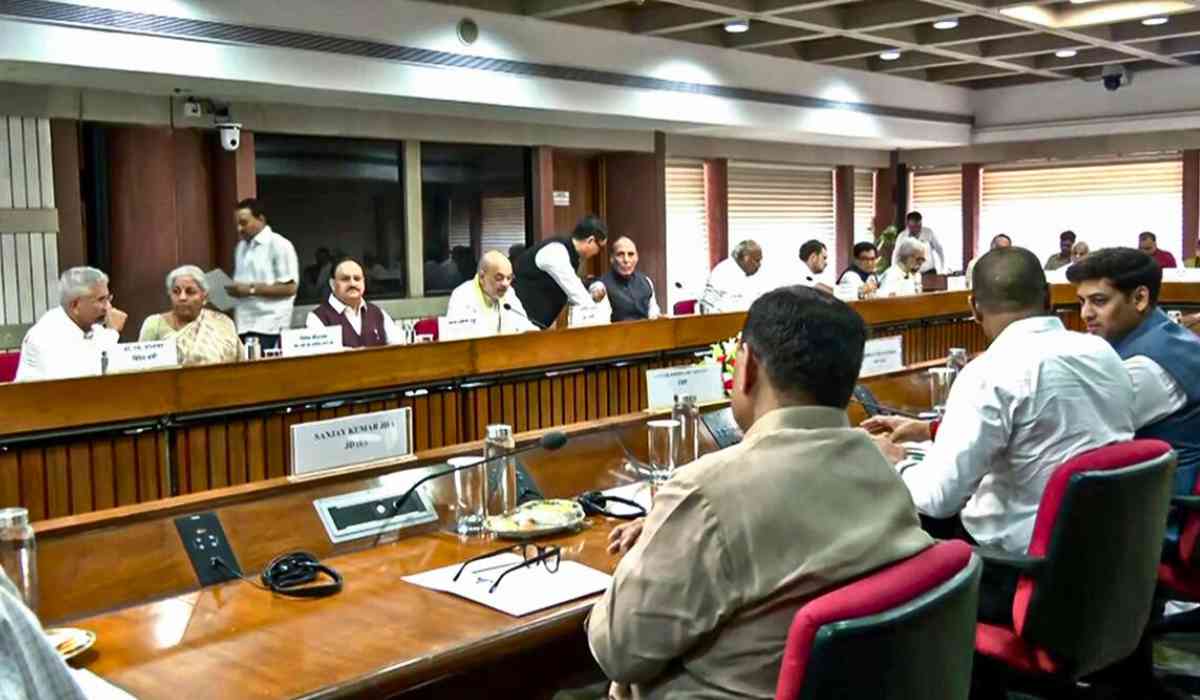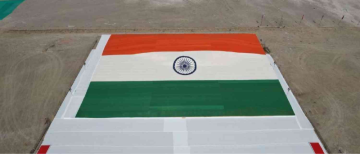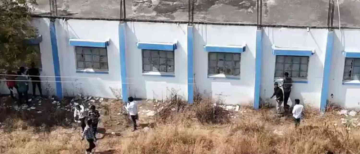In a rare show of unity, India’s government and opposition parties have come together to launch a major global diplomatic mission. Their goal: to present a united front on the recent India-Pakistan conflict and to rally international support against cross-border terrorism. This move comes after a deadly terrorist attack in Pahalgam, Jammu and Kashmir, which killed 26 civilians and sparked a brief but intense military confrontation between the two countries.
What Is the Diplomatic Mission?
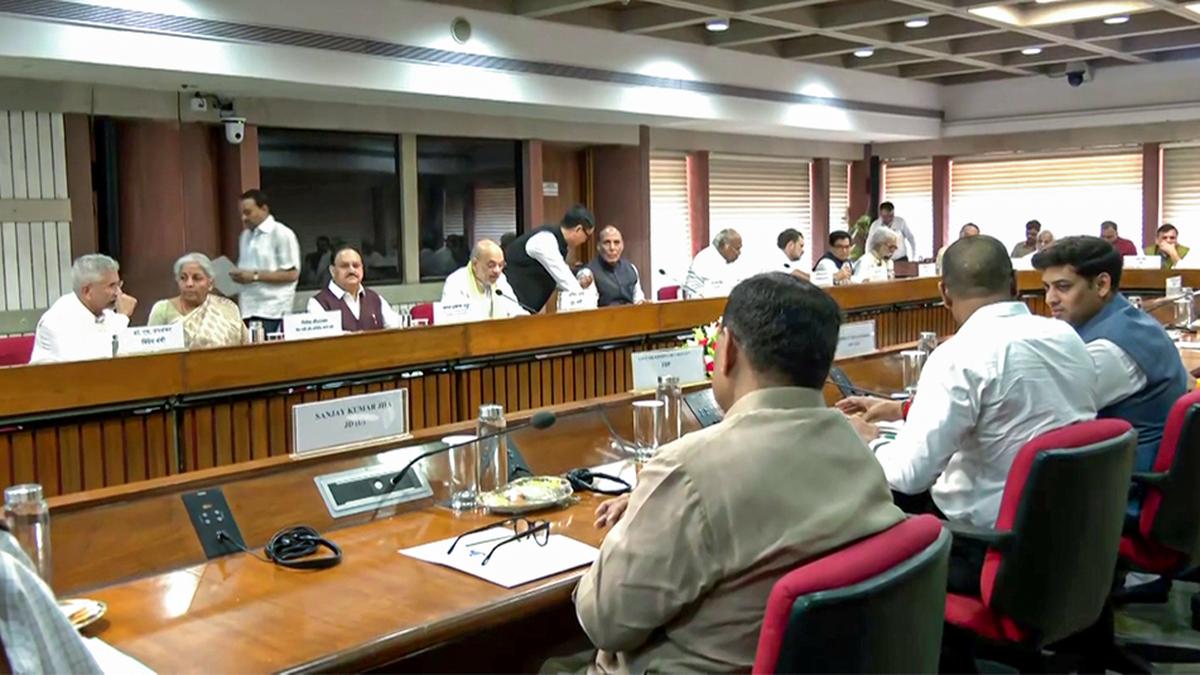
Starting May 22, 2025, delegations of Indian Members of Parliament (MPs) from both the ruling National Democratic Alliance (NDA) and key opposition parties will travel to important countries around the world. These delegations, each made up of 5-6 MPs, will visit nations such as the United States, United Kingdom, South Africa, Qatar, and the United Arab Emirates. In total, up to 48 MPs are expected to take part, representing a broad spectrum of India’s political landscape.
The mission is being coordinated by Parliamentary Affairs Minister Kiren Rijiju, with support from the Ministry of External Affairs. Before departure, MPs will be briefed and given documents and evidence about Pakistan’s alleged support for terrorist groups that operate against India.
Why Is This Mission Important?
This diplomatic outreach is significant for several reasons:
-
National Unity: By including opposition MPs, the government is showing that India’s response to terrorism is not just a ruling party issue, but a national concern. This helps counter any claims that India’s actions are politically motivated or driven by one ideology.
-
Global Messaging: Having leaders from different political backgrounds speak to foreign governments, think tanks, and media ensures that India’s message is seen as bipartisan and credible. It also makes it harder for critics to dismiss India’s position as partisan.
-
Building Alliances: The delegations aim to secure international support for India’s stance and to encourage other countries to take a strong position against terrorism, especially terrorism that crosses borders.
Background: The Recent Conflict
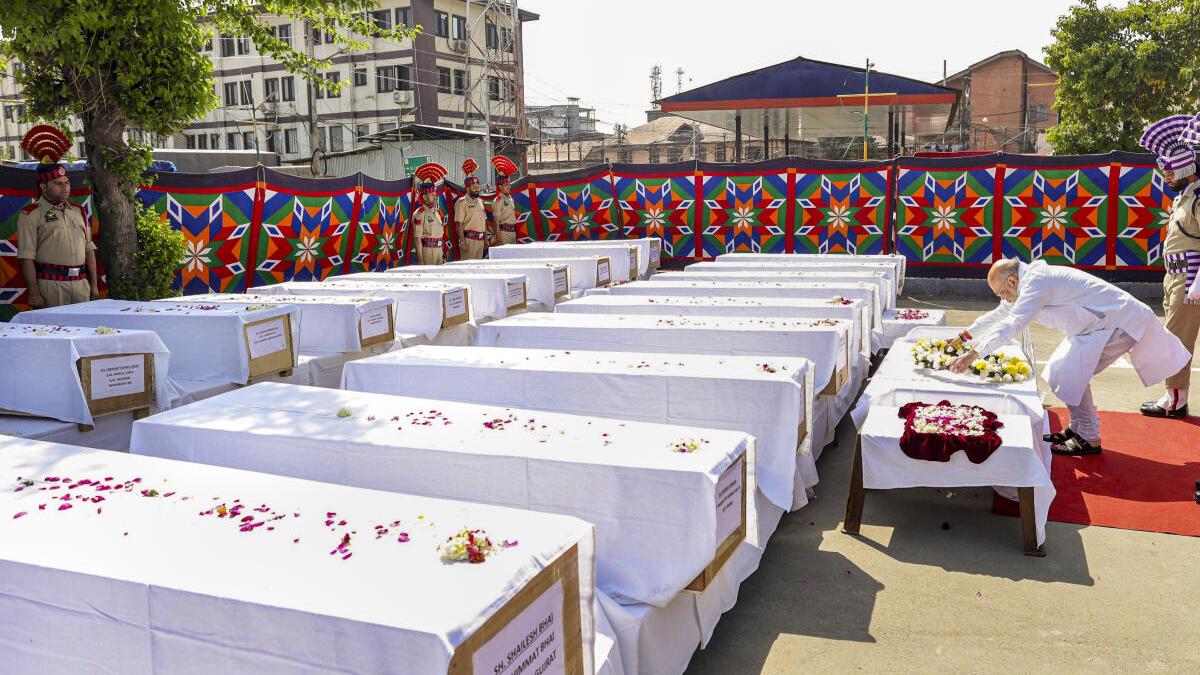
The current diplomatic push follows a sharp escalation in India-Pakistan tensions after the April 22 Pahalgam terror attack, which Indian officials say was carried out by militants based in Pakistan. In response, India launched “Operation Sindoor,” targeting terror camps in Pakistan and Pakistan-occupied Kashmir. Pakistan retaliated with drone strikes on Indian cities and military installations, leading to four days of high tension before a US-brokered ceasefire was reached on May 10.
In addition to military action, India has taken several diplomatic steps against Pakistan, including:
-
Downsizing diplomatic missions
-
Closing land borders and airspace
-
Halting trade and business ties
-
Suspending the Indus Waters Treaty
-
Cancelling visas for Pakistani nationals
Who Is Taking Part?
The delegations include MPs from major parties such as the BJP, Congress, Trinamool Congress (TMC), DMK, NCP(SP), JDU, BJD, and CPI(M), among others. Prominent opposition leaders like Shashi Tharoor, Asaduddin Owaisi, Manish Tewari, and Priyanka Chaturvedi are expected to participate. Their involvement is seen as crucial for presenting a broad-based, unified Indian perspective.
Why This Matters

This diplomatic mission is more than just a political gesture-it is a strategic move. By sending a cross-party delegation, India is telling the world that its fight against terrorism is not about politics or religion, but about national security and the safety of its people. It also sends a message to Pakistan and the global community that India’s position is backed by all its major political forces, making it harder for anyone to claim that the government is acting alone or without consensus.
Moreover, involving opposition leaders helps India counter narratives that its actions are driven by “Hindu nationalism” or other domestic political agendas. When leaders from different backgrounds and beliefs speak with one voice, it strengthens India’s case on the world stage.
What Could Happen Next?
The delegations are expected to spend about 10 days abroad, meeting foreign officials, lawmakers, and international organizations. They will present evidence of Pakistan’s alleged support for terrorist groups and urge other countries to take a firm stand against terrorism.
When they return, the success of this mission will likely be measured by the level of international support India is able to build. It may also set a precedent for future crises, showing that in times of national danger, India’s political parties can put their differences aside and work together for the country’s interests.
Final Note

India’s decision to send a multi-party delegation abroad marks a new chapter in its diplomatic efforts. By joining hands, the government and opposition are sending a powerful message: when it comes to national security and the fight against terrorism, India stands united. This unity could make a real difference in how the world views the India-Pakistan conflict-and in how global powers respond in the future.
With inputs from agencies
Image Source: Multiple agencies
© Copyright 2025. All Rights Reserved Powered by Vygr Media.

